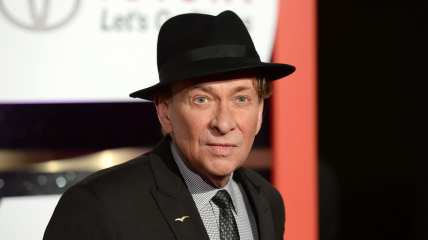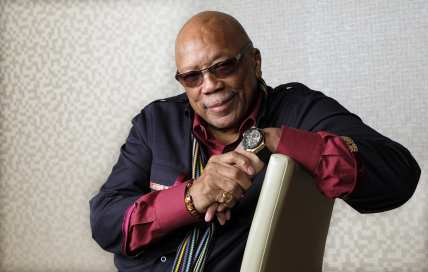Love, flame, light: How Bobby Caldwell’s place in Black music history was secured with just three songs
OPINION: In honor of the recently departed Bobby Caldwell, theGrio dissects how R&B and hip-hop embraced three of his songs: “What You Won’t Do For Love,” “My Flame,” and “Open Your Eyes.”
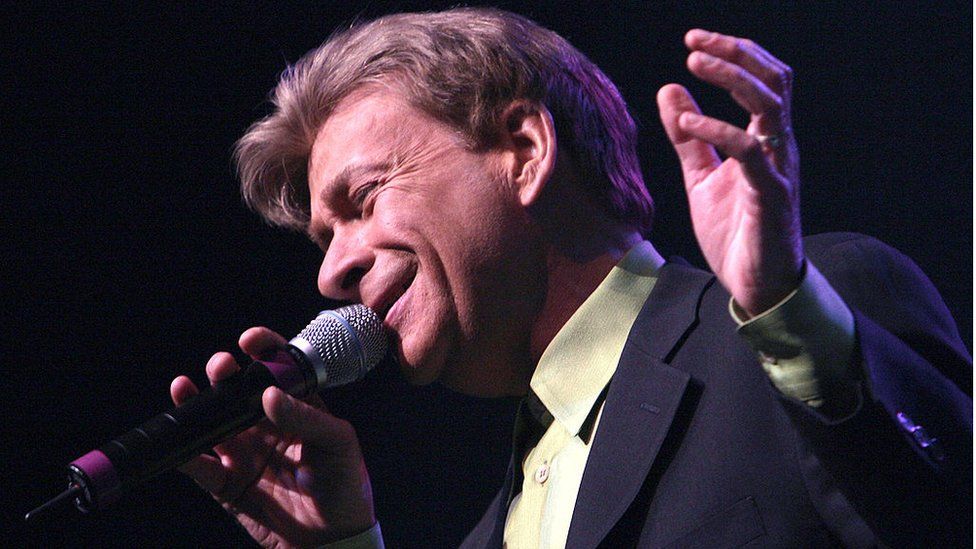
Editor’s note: The following article is an op-ed and the views expressed are the author’s own. Read more opinions on theGrio.
Authenticity and consistency. That garners respect from the Black community, especially in culture and entertainment. Many white artists have used Black music to propel themselves to success. And while sometimes that music can sound good, there’s a thin line between appreciation and appropriation.
Bobby Caldwell walked that line better than most. Throughout a career that spanned four decades, he dabbled in soul, R&B, pop and jazz. The singer-songwriter few people knew was a white man died on Tuesday at age 71.
Caldwell’s connection to the Black community is an anomaly, not just because he was white. The community’s collective and long-running admiration for him is not just because he was authentic and consistent in incorporating Black music into his artistry, but because most Black people love him because of a select few songs very early in his recording career.
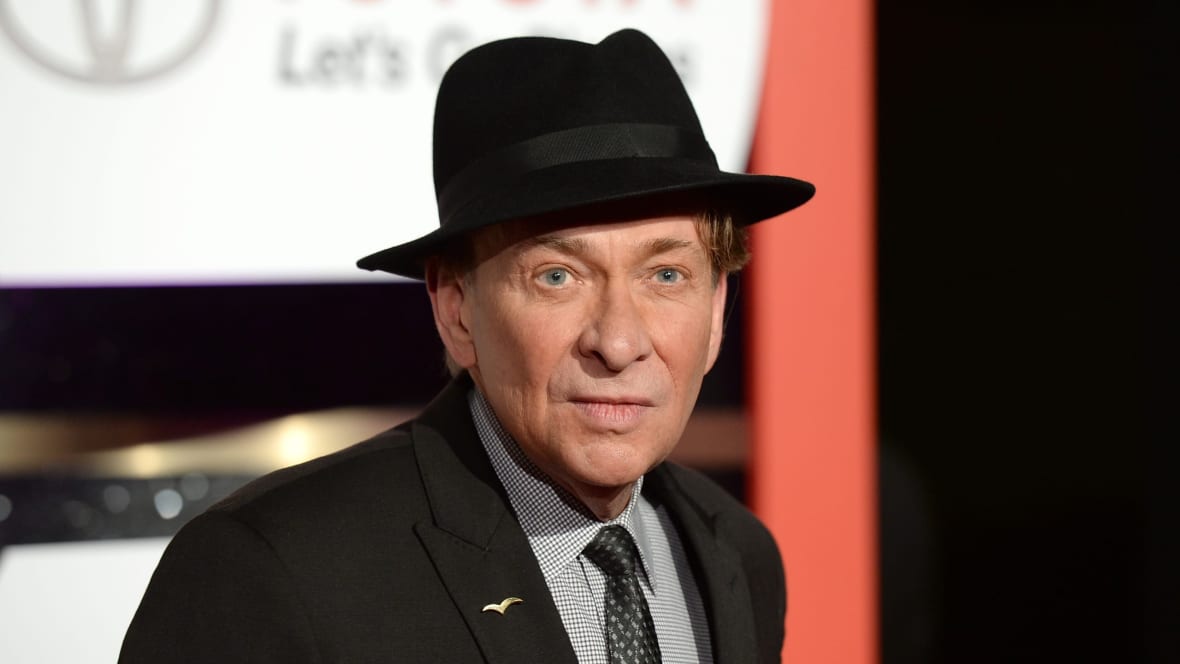
The crux of Caldwell’s permanent place at the proverbial cookout rests primarily on three of his songs: “What You Won’t Do For Love,” from his 1978 album of the same name; “My Flame,” also from “What You Won’t Do For Love; and “Open Your Eyes,” from 1982’s “Cat in the Hat.”
Those three songs are better barbecue playlist fodder, but they connected with his unintended kinship with the hip-hop community. They are the source of some of the finest rap and contemporary R&B records of the last 30 years.
“What You Won’t Do For Love”
Those two opening chords on the Fender Rhodes, followed by a soothing earworm of a horn line, excite everyone. Once Caldwell belts out, “I came back to let you know … gotta thing for you, and I can’t let go.” The “What You Won’t Do For Love” theme takes its cues from Bill Withers’ “Use Me.” Both are songs about men who will go to great lengths and even enduring ridicule to keep their object of affection.
Its sophisticated, complex arrangement makes “What You Won’t Do For Love” especially unique. Caldwell, who sang, played guitar, bass and keyboards on the track, made it seem more straightforward than it was under the surface. As a result, the song was ripe for covers and sampling.
The song’s three most distinct elements — the horn melody, the chord progression and Caldwell’s aforementioned vocal refrain from the verses into the chorus — spoke to hip-hop producers who likely all grew up loving the song, all while thinking Caldwell was Black.
On 2Pac’s first posthumous single, 1998’s “Do For Love,” several original music elements were used to make it jump out of the stereo. Delicate and effective use of the melody and lyrics of “I gotta thing for you, and I can’t let go” were in evidence on the title track of Aaliyah’s debut album, “Age Ain’t Nothin’ But a Number.”
“My Flame”
The marbleization of the echoing kalimba strikes with a swirling guitar made “My Flame” an unusually intriguing song. Once again, here is a piece with several changes. After this central melody motif at the intro, Caldwell starts the first verse, featuring high-pitched vocal harmonies adjacent to him. Then, an anguish-filled pre-chorus transitions into the soothing hook, “Oh, my flame, some things will never change; I still hold your vision in my mind, say you still love me.”
While “My Flame” has just as many if more memorable parts to sink your teeth into like “What You Won’t Do For Love,” it was that intro that was the inspiration for one of the most inspiring rap songs of the 1990s, The Notorious B.I.G.’s “Sky’s The Limit.”
Fatefully enough, Biggie rhymed over the sample with a sentiment similar to the original. Both songs were introspective and reflective and ambitious. Caldwell pined over the pain of a lost love but was hopeful she would return. Biggie reminisced about his come-up as a drug dealer but was hopeful it would lead to a better life for his daughter.
“Open Your Eyes”
Unlike “What You Won’t Do For Love” and “My Flame,” “Open Your Eyes,” a standout track from Caldwell’s “Cat in the Hat” album, opens with vocals: “I see you in a lonely place; how could you be so blind?” The song is a plea to a loved one to allow love and affection into her life, as Caldwell’s piano playing and a driving bass rhythm punctuate the emotion. The second verse further drives that point home:
“There are times,
When you need someone,
I will be by your side,
There is a light,
That shines,
Special for you and me.”
Those words, verse melody and unrelenting piano strokes inspired James “J Dilla” Yancey to craft the beat for Common’s 2000 single, “The Light.” Dilla added his signature drum programming to the sample while using Caldwell’s vocal sample to drive the song’s subject. Common took it and ran with it, also writing words reassuring his woman that he was here to do the real work it takes for a long-lasting relationship to succeed. “It’s important we communicate and tune the fate of this union to the right pitch.”
Caldwell’s songs continued informing contemporary Black music well into the 21st century. Snoh Aalegra covered “What You Won’t Do For Love” in 2021. Ella Mai sampled “My Flame” for her song, “One Day,” from her 2016 “Time” E.P. Dwele and John Legend both covered “Open Your Eyes” in 2008 and 2013, respectively, while Little Brother sampled it on”Sitting Alone” for the 2019 comeback album, “May the Lord Watch.”
Caldwell was always baffled by the love from his Black fans but he was always gracious. “It certainly wasn’t intended that I was able to have the success, to be embraced by Black radio,” he said in a 2015 interview with Red Bull Music Academy. “But somehow, they all loved this cracker with the blonde hair, and I just don’t know what I did!”
In the final years of Caldwell’s life, he illustrated how much he embraced his unique place in music history. He made appearances and performed his famous songs at Black events like the 2013 Soul Train Awards. His final album, 2015’s “Cool Uncle,” was a perfect callback to his late 1970s and early 1980s heyday. It had the instrumental swagger of the records of this generation.
Although his career spanned decades of album releases, collaborations with acts like Betty Wright and songwriting credits to people like Boz Scaggs, these three songs are forever tied to Caldwell’s legacy — including the hip-hop and R&B hits they birthed.
Thank you, Bobby Caldwell, for leaving the world better than how you found it. And, to borrow a line from “The Light” (Common), “I’ll tell you the rest when I see you. Peace.”
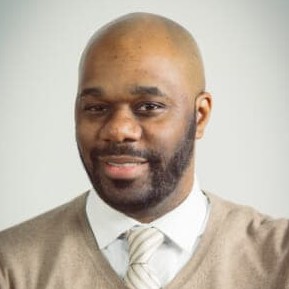
Matthew Allen is an entertainment writer of music and culture for theGrio. He is an award-winning music journalist, TV producer and director based in Brooklyn, NY. He’s interviewed the likes of Quincy Jones, Jill Scott, Smokey Robinson and more for publications such as Ebony, Jet, The Root, Village Voice, Wax Poetics, Revive Music, Okayplayer, and Soulhead. His video work can be seen on PBS/All Arts, Brooklyn Free Speech TV and BRIC TV.
TheGrio is FREE on your TV via Apple TV, Amazon Fire, Roku and Android TV. Also, please download theGrio mobile apps today!
